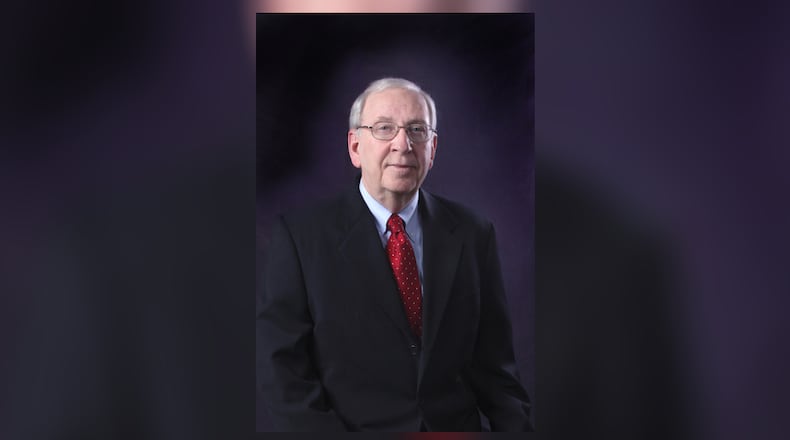The man who wrote the Declaration of Independence, Thomas Jefferson, and the man who was the architect of the Constitution, James Madison, were both opponents of established religion when it intruded on the operation of government or the rights of free men.
For Jefferson, it was the moral message of Jesus, not claims of his birth, death and resurrection, that lay at the center of the Christian faith. He believed the teachings of Jesus had been corrupted by “priestcraft, ministers trying to use religion, and the support of government, for their own ends.”
Jefferson and Madison wrote the bill for religious liberties in Virginia. When Patrick Henry proposed a bill to levy a generational tax on all Virginians to pay the salaries of Christian teachers. Madison fought the bill because it established Christianity to the exception of all other faiths as the state religion. “Who does not see that the same authority which can establish Christianity, in exclusion of all other Religions, may establish with the same ease any sect of Christians, in exclusion of all other sects.”
Madison’s First Amendment begins “Congress shall make no law respecting an establishment of religion, or prohibiting free exercise thereof....”
In Everson v. Board of Education, Justice Black, quoting Jefferson, wrote, “The First Amendment has erected a wall between church and state. That wall must be kept high and impregnable. We could not approve the slightest breach....”
This term, the Court ignored the law of the land and church and state. Carson involved a law in Maine that provided tuition to rural students for private schools when public facilities were not available. The law denied tuition to those who chose a private religious school, preventing public support of religious instruction. The Court ignored precedent, original intent of the founders. and the people of Maine to overturn the law.
In Kennedy, the Court found it was OK for a public high school football coach to organize prayers at the 50-yard line. The prayers were not quiet and personal. Is a sixteen-year-old going to go to the locker room instead of participating and risk the contempt of his peers?
Dobbs overturned Roe. In a piece for the Washington Post, Shelby Balik said that ”the decision allows states to impose a conservative Christian standard about when life begins on non-Christians, even though other religions and Christian denominations contest the assumption life begins at conception.”
The Virginian Madison and the Daytonian Van Cleve warned in their writings “...no preferences ought ever to be given any religious establishment or mode of worship by law.... " and “Who does not see that the same authority which can establish Christianity, in exclusion of all other Religions, may establish with the same ease any sect of Christians, in exclusion of all other sects.”
In 1813, Thomas Jefferson wrote, “History I believe, furnished no example of a priest- ridden people maintaining a free civil government. This marks the lowest level of ignorance of which their civil as well religious leaders will always avail themselves for their own purposes.”
David Madden is a retired trial attorney, a mentor at the University of Dayton Law School and a spokesperson for the ACLU.
About the Author
